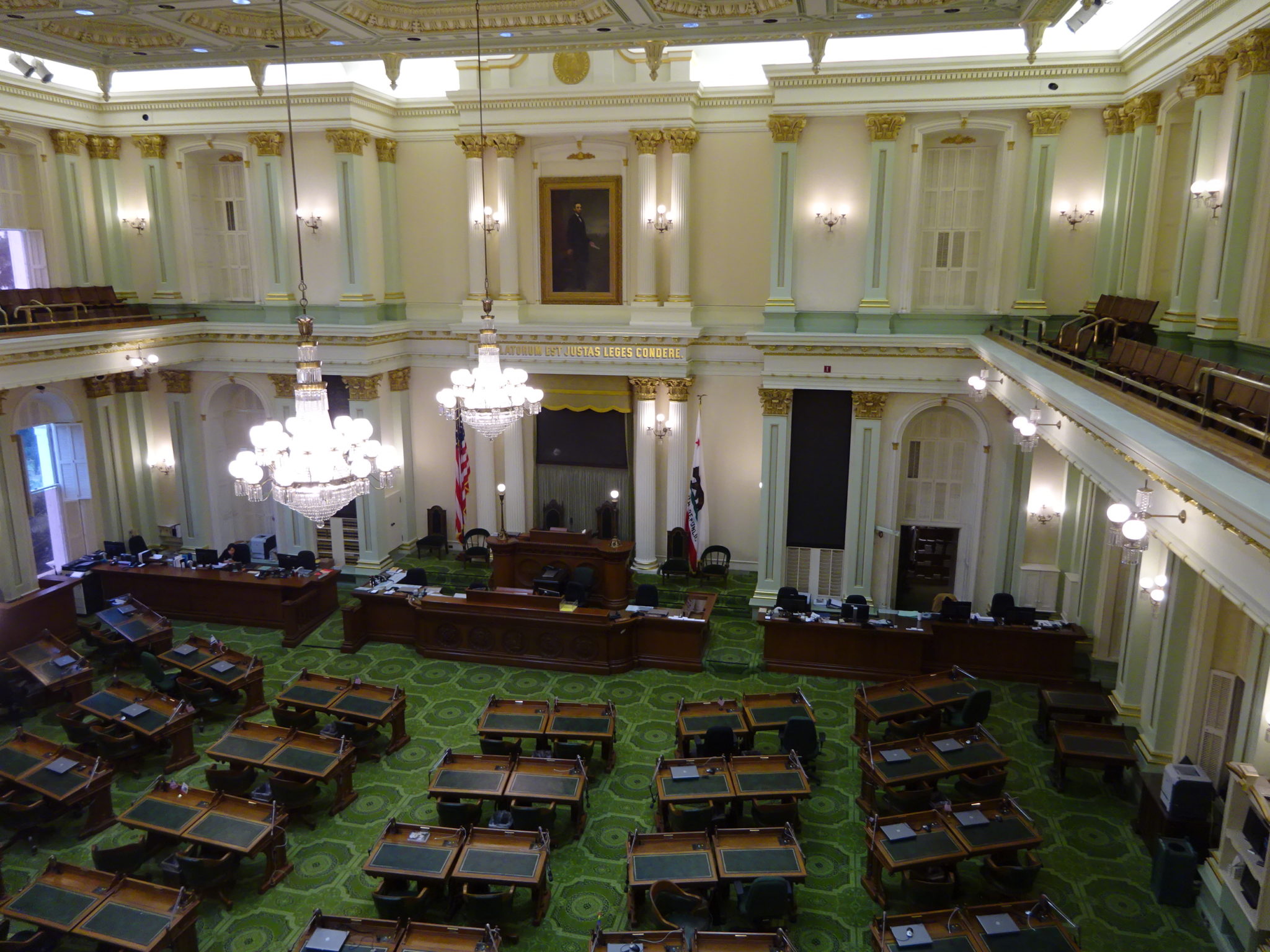A newly introduced California Assembly bill would sentence people arrested on drug charges to an alternative form of incarceration: mandatory treatment in a “secured residential treatment facility.”
California Assemblymember Kevin McCarty (D), whose district includes Sacramento, introduced Assembly Bill 1542 on February 19. The bill would give the criminal legal system in Yolo County, located in the greater Sacramento area, the power to send people convicted of “drug-motivated crimes” to substance use disorder (SUD) treatment. It would set up a pilot program purporting to be a novel approach to helping unhoused people with SUD.
The legislation, however, does not address the fact that most people convicted on drug-related charges do not have SUD and do not “need” treatment—certainly not mandatory treatment. As part of the pilot program, Yolo County’s health and human services agency would conduct a “risk and needs assessment, utilizing an assessment tool demonstrated to be appropriate for drug offenders” for each program participant.
Concerningly, the bill tasks police officers with flagging people they have arrested who, in their personal view, have SUD.
But it’s unclear whether that assessment will come before or after participants are diverted to the program. It’s also unclear how that assessment would “confirm” that someone has a SUD. McCarty’s office did not respond to Filter‘s request for comment by publication time.
Concerningly, the bill also tasks police officers with flagging people they have arrested who, in their personal view, potentially have SUD. Officers are encouraged to state whether they believe that someone they arrested has an SUD “that is in whole or in part a cause for the crime committed.”
“Our efforts in California in treating those with SUDs, many of whom are homeless, have been an abject failure,” the bill reads. “Although there have been efforts to treat this population, to date, there has been little-to-no success.”
For one county official, the lack of evidence to suggest that approach would be effective was a selling point rather than a cause for skepticism.
“Well, I don’t know of another similar program like this,” Gary Sandy, the chairman of the Yolo County Board of Supervisors, said in a December meeting, according to the Daily Democrat. “So, it would be hard to have evidence supporting this. That’s why it’s a pilot program and we are hoping that the evidence will show that this type of program works.”
People eligible for the program include those “convicted of drug-motivated crimes as a result of their SUDs that victimize others.” People convicted of violent felonies and people convicted of simple possession are not eligible for the program.
It remains unclear where the program will be physically located or what its operations will look like. The legislative agenda for the meeting stated that the District Attorney was interested in legislation “to convert excess detention space to be used as a drug diversion/treatment program for non-violent offenders.”
“Yes, this would be a locked facility, but it would not be jail.”
“Sentencing would be determined by a judge and only after receiving input from drug and mental health counselors,” Sandy continued. “Yes, this would be a locked facility, but it would not be jail.”
There is good reason to suspect that the treatment facility in this pilot program will simply be jail by another name. In one Massachusetts treatment center, “patients” are required to wear orange uniforms and carry a badge with the word “inmate,” as Leo Beletsky and Denise Tomasini-Joshi pointed out in a New York Times op-ed. An investigation by Reveal exposed hundreds of rehab facilities across the country for requiring residents to work substantial hours without compensation.
McCarty has not always supported legislation that reinforces the coercive nature of the criminal legal system. One bill that he introduced, AB 646, was approved by Gov. Gavin Newsom (D-Calif.) in September 2020. AB 646 removed the barriers that prevented people on parole for the conviction of the felony from registering to vote and voting.
In 2019, McCarty co-sponsored Assembly Bill 1468, which died in the Assembly in March 2020. The bill would have required opioid manufacturers or wholesalers to pay a stewardship fee. Those fees would have gone into the newly created Opioid Prevention and Rehabilitation Program Fund for disbursement to counties or to local community-based organizations.
Photograph of California State Assembly Chamber via Flickr/Creative Commons 2.0




